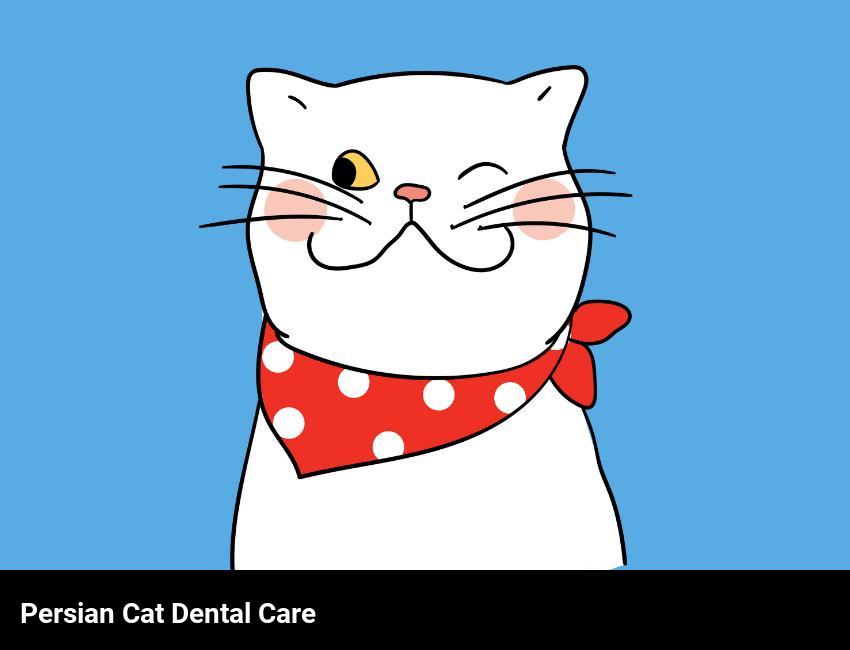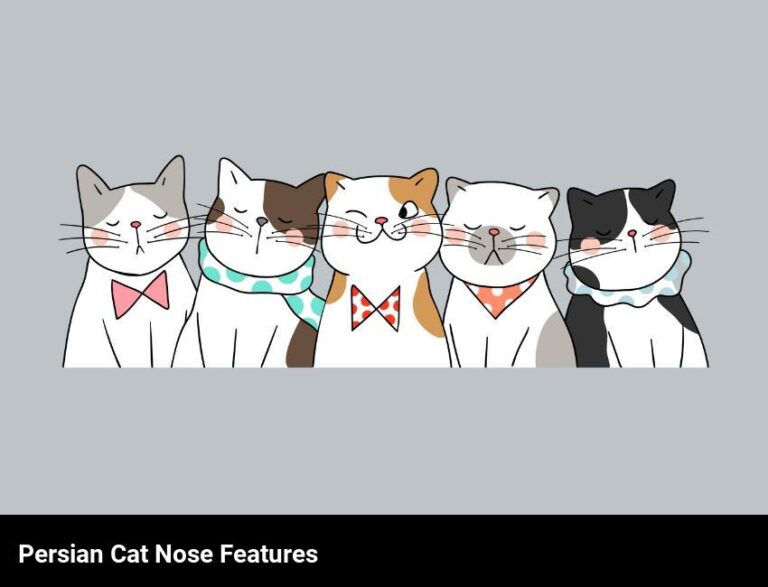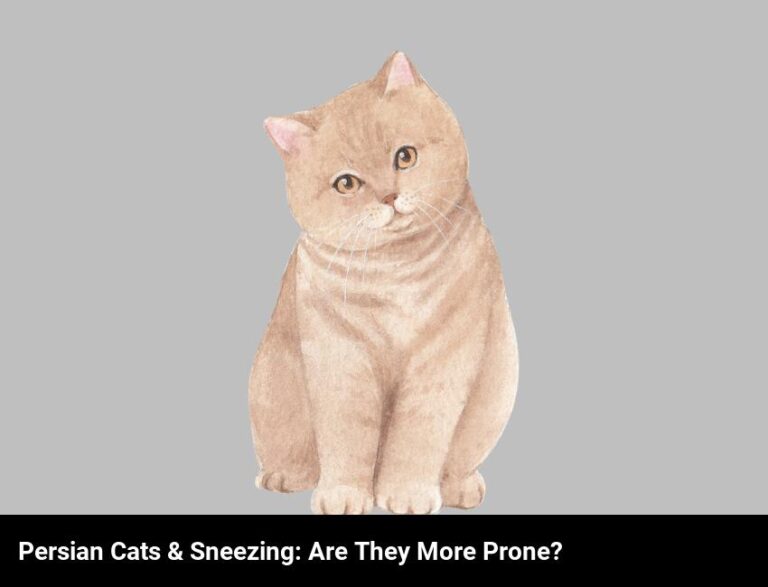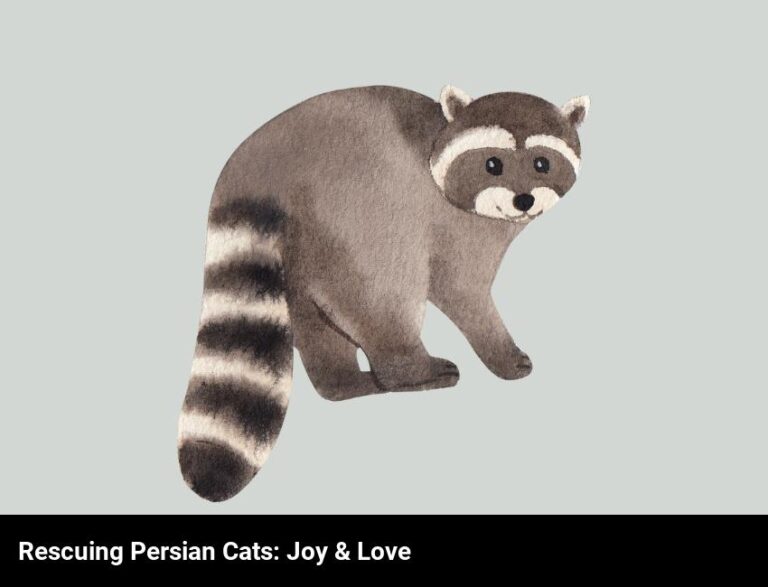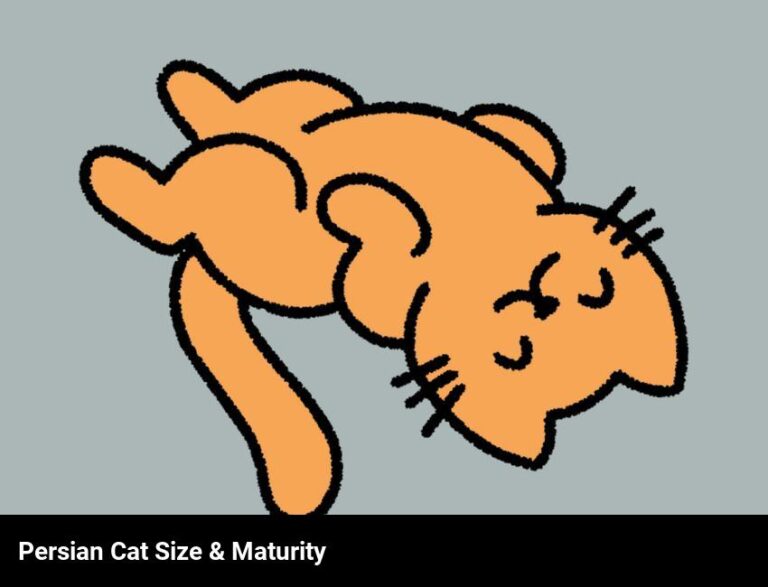The Unique Dental Care Needs Of Persian Cats
Persian cats require regular dental care, including brushing, to prevent tartar and plaque buildup. Their long and thick fur can also lead to dental problems if not properly groomed. Persian cats should also be taken to the veterinarian regularly for professional dental cleanings.
As a proud owner of a Persian cat, I know that one of the greatest joys of pet ownership comes with making sure your furry friend stays healthy. And, when it comes to my Persian cat, part of that responsibility is providing proper dental care.
I remember all too well the first time I became aware of the unique dental care needs of my Persian cat. I had no idea how to assess their dental health, what other methods of dental care I could do for them, or what types of treatments were available for them.
I have since learned a lot about what special dental care needs Persian cats have, and the signs to look out for that may indicate a dental issue. I have also been able to discover some great tips and tricks for providing proper dental care to my cat.
Through research and experience, I have come to understand the importance of dental care for Persian cats, and the benefits it can provide. In this blog, I will be discussing all the unique dental care needs of Persian cats, and how to provide them with the best care possible.
What are the unique dental care needs of persian cats?
Yes, Persian cats have very unique dental care needs! Persian cats are a unique breed of cat due to their long, luxurious fur and their large, round eyes. This means they require special care when it comes to dental hygiene.
Here are a few things to keep in mind when caring for the teeth of your Persian cat:
Firstly, daily brushing is essential. The long fur of the Persian cat can trap food particles and lead to plaque build-up. Therefore, brushing daily is a must. Use a cat-specific toothbrush and toothpaste to ensure your cat’s teeth are getting the best care.
Secondly, annual dental check-ups are important. Persian cats may be prone to gum disease due to their unique facial structure, so it’s important to have a vet check their teeth regularly.
Finally, provide your Persian cat with dental treats and toys. There are plenty of options available that are specifically designed for cats’ teeth. These treats will help keep their teeth and gums clean, and the toys will provide some fun playtime too!
These are just a few of the unique dental care needs of Persian cats. With the right care, you can help keep your cat’s teeth and gums healthy for years to come.
What are the benefits of dental care for persian cats?
Persian cats have unique dental care needs that require special attention. Regular dental care can help your Persian cat stay healthy and happy.
- Providing dental care for your Persian cat has many benefits. Here are some of the most important ones:
- Reduces the Risk of Dental Disease: Regular dental care helps reduce the risk of dental diseases, such as periodontal disease, which can lead to other health problems.
- Freshens Breath: Regular oral hygiene will help keep your cat’s breath fresh and pleasant.
- Prevents Tooth Loss: Dental care can help prevent tooth loss, which can cause pain and make it difficult for your cat to eat or drink.
- Reduces Tartar Buildup: Tartar buildup can cause inflammation and infection, but regular dental care can help reduce tartar buildup and maintain healthy teeth.
- Reduces the Risk of Infection: Regular dental care helps reduce the risk of infection by cleaning away bacteria and other germs.
- Improves Overall Health: Providing regular dental care for your Persian cat can help improve his overall health and well-being.
Taking care of your Persian cat’s teeth is an important part of keeping your pet healthy and happy. Regular dental care can help reduce the risk of dental diseases, freshen breath, prevent tooth loss, reduce tartar buildup, reduce the risk of infection, and improve your cat’s overall health.
What are the best tips and tricks for providing proper dental care to your persian cat?
You want to do everything you can to keep your Persian cat’s pearly whites in perfect condition! Here are some of the best tips and tricks for taking care of your Persian cat’s teeth:
- Brush your Persian cat’s teeth regularly: Brushing your cat’s teeth is the best way to keep their teeth and gums healthy. Use a cat-friendly toothbrush and toothpaste, and brush their teeth at least once a week.
- Monitor your Persian cat’s eating habits: Persian cats can be prone to dental issues due to their flat faces. To help reduce the risk, watch what your cat is eating and ensure they are getting enough nutrients.
- Take your Persian cat to the vet for regular check-ups: Regular check-ups with the vet are important for ensuring your cat’s teeth and gums stay healthy. The vet can also remove any buildup of plaque or tartar.
- Provide dental treats and toys: Dental treats and toys can help keep your Persian cat’s teeth clean. Choose treats and toys specifically designed to help clean their teeth.
- Give your Persian cat plenty of water: Water helps keep your cat’s mouth clean and their gums healthy. Make sure your cat always has access to fresh, clean water.
These tips and tricks will help you take care of your Persian cat’s teeth and keep them in perfect condition. With a little bit of effort, you’ll be able to ensure that your Persian cat’s teeth stay healthy and beautiful.
How can you tell if your persian cat is suffering from poor dental hygiene?
It’s important to keep an eye on your Persian cat’s dental health. Poor dental hygiene can lead to significant health problems, so it’s essential to know the signs. Here’s how you can tell if your Persian cat is suffering from poor dental hygiene:
Look for Signs of Pain: If your Persian cat is exhibiting signs of pain such as hissing or growling when you touch their face or muzzle, they may be in pain due to dental problems. It’s also important to watch for signs of difficulty eating or drinking, which could indicate pain in the mouth.
Check Their Teeth: If you can access your Persian cat’s mouth, take a close look at the teeth. If they appear yellow or brown, there’s a good chance your cat is suffering from poor dental hygiene. Also look for any signs of tartar buildup and bleeding gums, which can both be indicators of poor dental health.
Look for Bad Breath: Persians are known for their sweet-smelling breath. If your cat’s breath is particularly foul or has a strong odor, this could be a sign of poor dental hygiene.
Monitor Their Eating Habits: If your Persian cat is having difficulty eating, it could be a sign of poor dental health. Monitor their eating habits and look for any signs of difficulty or reluctance to eat. If you notice any changes in their eating habits, it’s important to take them to the vet for a check-up.
By taking the time to monitor your Persian cat’s dental hygiene, you can ensure that they stay healthy and happy. By keeping an eye out for any signs of pain, checking their teeth, looking for bad breath, and monitoring their eating habits, you can catch dental problems before they become more serious.
How often should you brush your persian cat’s teeth?
You should brush your Persian cat’s teeth at least once a week. It is important for them to have regular oral health care. Not only does this keep their breath fresh and their mouth healthy, but it also helps prevent dental disease, which is common in cats.
Regular brushing is the best way to keep your Persian cat’s teeth clean. Brushing their teeth with a soft-bristled toothbrush and cat-safe toothpaste removes bacteria and plaque. If you don’t want to brush their teeth every week, you can use dental wipes as an alternative.
It is important to start brushing your Persian cat’s teeth early in life. This will help them get used to the process, and make it easier for you to do it regularly. You should also take your Persian cat in for a dental check-up at least once a year. The vet can check for early signs of dental disease and provide professional dental cleaning or other treatments if needed.
Finally, make sure your Persian cat has access to plenty of toys and treats that help keep their teeth clean. Chew toys are great for scraping away plaque and tartar buildup, while crunchy treats can help remove food debris and bacteria from their teeth.
By following these simple tips, you can ensure your Persian cat has a healthy mouth and a beautiful smile. Regular brushing and dental check-ups, combined with chew toys and crunchy treats, will keep their teeth in the best shape possible.
What other methods of dental care can you do for your persian cat?
You may be wondering what other methods of dental care you can do for your Persian cat apart from regular brushing. The good news is that there are lots of things that you can do to keep your Persian cat’s mouth healthy and free of bacteria and plaque.
First, consider investing in a water flosser specifically designed for cats. This is like a regular water pick, but much smaller and designed to fit comfortably in your pet’s mouth. You can use these to help reach those hard-to-reach places in your cat’s teeth.
You can also ask your vet to recommend a special dental diet for your Persian cat. These diets are designed to help reduce the build-up of plaque and tartar on the teeth. They usually contain extra crunchy bits which act as natural toothbrushes when your cat chews.
Another option is to give your Persian cat dental treats. There are many kinds of dental treats on the market that are designed to help remove plaque and tartar, as well as freshen breath. Choose ones that are specifically designed for cats and avoid giving your Persian cat treats that are designed for dogs.
Finally, you can also make sure that your Persian cat gets regular dental cleanings from your veterinarian. Depending on the individual cat, your vet may recommend regular cleanings twice a year or more often. This is a great way to make sure that your cat’s mouth is kept healthy and free of plaque and tartar build-up.
By taking the time to explore the different methods of dental care that you can do for your Persian cat, you can ensure that their mouth remains healthy and free of bacteria and plaque. Regular brushing is important, but there are many other things you can do as well.
What are the signs of dental issues in persian cats?
If you have a Persian cat, you know that they require special care and attention—including to their oral health. While all cats benefit from regular dental care, Persian cats have unique needs that you should be aware of. So what are the signs of dental issues in Persian cats?
The most common signs of dental issues in Persian cats are bad breath, difficulty eating, excessive drooling, and pawing at the mouth. Bad breath is an obvious sign there may be an issue with your cat’s teeth. If they’re not eating their food or displaying unusual behavior while eating, it could be a sign of dental discomfort. Similarly, if your Persian cat is drooling more than usual, this can be a sign that something is wrong. Finally, if your cat is pawing at their mouth or rubbing their face against objects more than normal, this could be a sign of discomfort as well.
If you notice any of these signs in your Persian cat, it’s important to take them to the vet for a checkup as soon as possible. Your vet may recommend a dental exam and cleaning, as well as additional treatments, such as antibiotics or extractions. Regular dental care helps ensure your Persian cat’s teeth stay healthy and strong, so make sure to keep an eye out for any of the signs and symptoms mentioned above.
What types of dental treatments are available for persian cats?
If you have a Persian cat, you know how unique their dental care needs can be. But what types of treatments are available? Well, there are a few options.
First, you can opt for regular brushing. Persian cats need to have their teeth brushed at least once a week. This helps to reduce the buildup of plaque and tartar, which can lead to gum disease and other oral health issues.
Next, you may want to consider a dental cleaning. This procedure goes beyond brushing to remove plaque and tartar buildup from the teeth and gums. A professional dental cleaning can be done every six months to ensure your cat’s oral health is in top shape.
Finally, you may want to look into dental surgery. This type of surgery can be used to treat severe gum disease or to correct any dental issues that cannot be addressed through brushing or cleaning.
Overall, there are a few different options available when it comes to caring for your Persian cat’s dental needs. Regular brushing, dental cleaning, and dental surgery can all be used to keep your cat’s teeth and gums in the best possible condition.
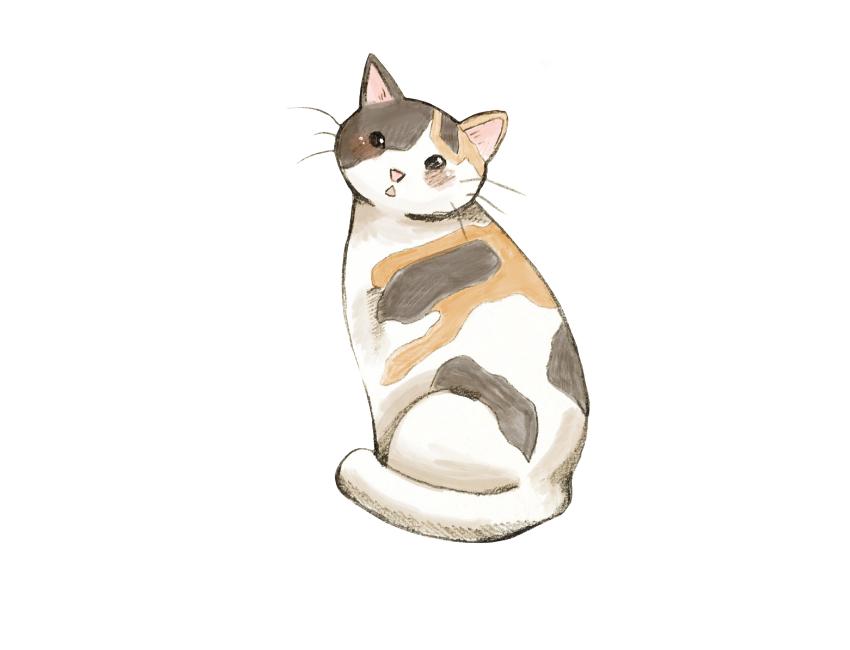
Frequently Asked Questions
What are some special considerations for brushing persian cats’ teeth?
When brushing your Persian cat’s teeth, special considerations should be taken into account. These include being aware of the cat’s temperament and being gentle with the brushing motions. You should also be sure to use a cat-specific toothbrush and toothpaste, as well as provide dental treats to keep their teeth strong. Additionally, regular checkups with your vet will help ensure your Persian cat’s dental health.
How can i tell if my persian cat is experiencing dental issues?
If you notice your Persian cat pawing at their mouth, drooling or having difficulty eating, these may be signs of dental issues. Other signs to look for are bad breath, discoloration of the teeth, gum inflammation and changes in behavior. If you observe any of these symptoms, take your cat to the vet for a thorough dental exam.
Are there any home remedies for improving persian cats’ dental health?
Yes, there are some home remedies you can use to improve the dental health of your Persian cat. Brushing your cat’s teeth daily with a toothpaste designed for cats, offering them dental-friendly treats, and providing raw bones for chewing can all help to keep their teeth and gums healthy. Additionally, regular check-ups with your vet can help to identify any dental issues early on.

